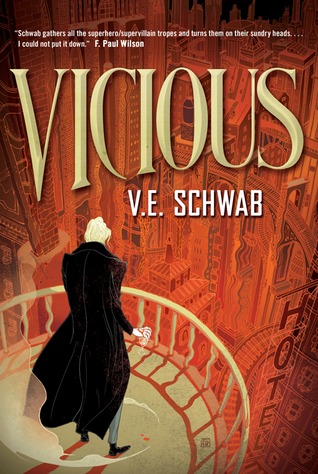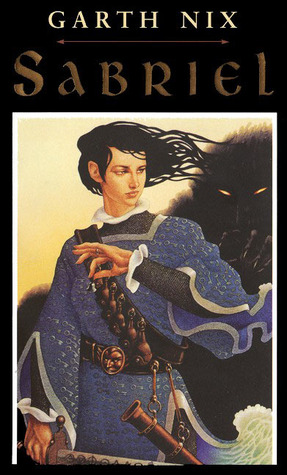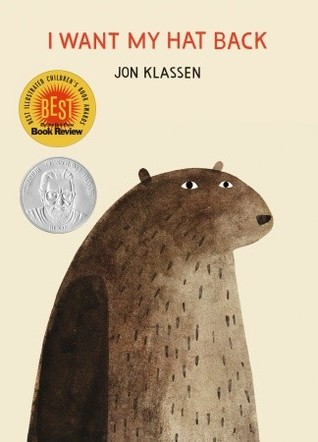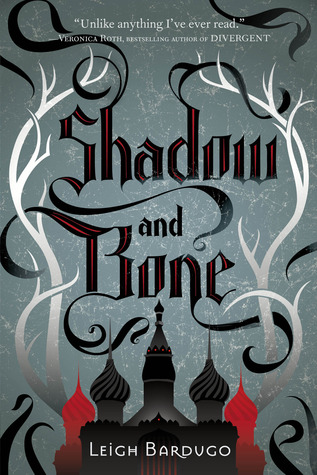This is a review a long time in coming, but it's one that had to be done because I think this book is surprising in how complex and ambitious it is - and how well it pulls it off! Lucky for you, it's been out since the beginning of March. Get reading!
THE SUMMER PRINCE by Alaya Dawn Johnson
Disclaimer: Received an e-ARC from publisher through Netgalley in exchange for an honest review.
 PROS:
PROS: Superb world-building; complex characters; deep themes
CONS: Plot pacing / set-up; meandering First Act
Intellectual Rating: 8 out of 10
Emotional Grade: A-
Book Blurb (from goodreads)
: A heart-stopping story of love, death, technology, and art set amid the tropics of a futuristic Brazil.
The lush city of Palmares Três shimmers with tech and tradition, with screaming gossip casters and practiced politicians. In the midst of this vibrant metropolis, June Costa creates art that’s sure to make her legendary. But her dreams of fame become something more when she meets Enki, the bold new Summer King. The whole city falls in love with him (including June’s best friend, Gil). But June sees more to Enki than amber eyes and a lethal samba. She sees a fellow artist.
Together, June and Enki will stage explosive, dramatic projects that Palmares Três will never forget. They will add fuel to a growing rebellion against the government’s strict limits on new tech. And June will fall deeply, unfortunately in love with Enki. Because like all Summer Kings before him, Enki is destined to die.
Pulsing with the beat of futuristic Brazil, burning with the passions of its characters, and overflowing with ideas, this fiery novel will leave you eager for more from Alaya Dawn Johnson.
REVIEW
It has been over a month since I finished reading this book and I’ve been trying to think of a way to coherently review it since. This book is ambitious, complex, and challenging and I find I’m still not up to the task of describing what exactly about this book made it leave such a strong impression on me.
Worldbuilding
The story is set in breathtaking post-apocalyptic, futuristic Brazil. June’s Palmares Três is a vibrant blend of future-tech, new government, and old tradition. It’s a study in contrasts: a shining city in a war-ravaged landscape; a progressive society where gender-identity and sexuality is fluid and women rule but where the status quo of the upper class is protected and tradition still holds importance; a once-utopia that was nevertheless built on blood sacrifice and maintains the separation of rich and poor in the city’s tiered structure. It was wonderful learning about Palmares Três through June’s eyes because it is a city she loves and one she begins to truly understand over the course of the book.
From the potent stench of the Verde to the blue of the sea to the little lights glowing under June’s skin, the descriptions are lush and vivid, completely immersing you in the world. The worldbuilding is logically threaded through the society and the characters. For example, Palmares Três is governed under a matriarchy and has been for centuries. As a result, gender roles are switched: June remarks that she never cries, but that it was okay for her male friend Gil to do so because that’s expected.
Characters
The characters are also complex, interesting beings. Our heroine June is hard to like but that’s because she’s a multifaceted teenager going through a huge transformation in her life. She’s artistic, talented, confident, ambitious, brave, selfish, judgmental, a bit of a loner, and it soon becomes clear (even to her) that she’s a little naive and immature. Her relationship with her mother was particularly interesting to me because the rift between them was so heartbreaking and frustrating, but you can see why both women can’t find a middle ground, that they are both grieving in their own ways. I also really liked June’s rival Bebel, who proves that first impressions are not always accurate. Enki, the titular Summer Prince, is mysterious and charismatic. He might even have been a little too inscrutable, but it played into the dynamic, catalyst-type character that he is, and it was appropriate because of what he stood for.
Themes
I’m a sucker for books that do a good job playing with and exploring their themes without being heavy-handed about it.
The Summer Prince has themes in spades - not least of which is the struggle between the young and old, the price of progress, life and death, and the nature of love and art.
At its core, the book is about June’s coming of age and her dawning understanding of her place in the world and what she desires from her world. This character arc is all beautifully wrapped up in the exploration of art as a theme - art as self expression, emotion, transgression, propaganda, reflection, a vehicle for change. Through June and her art, we learn not just about her personal history but the history of her jeweled city, and through art, June discovers her own power to be influential and inspirational, her ability to see past her narrow, personal sphere.
The plot on all levels turns on acts of art, and these themes about life as art and art as this living, untamed thing are so deftly pulled through the narrative that the climax left me breathless. Though I had a few issues with the plot part of the book, this scene was still so incredibly powerful because it encapsulated so many of the themes the book built. It also perfectly bookends the opening and closing of the book and makes a poignant point about symbols and sacrifice. I’m getting fluttery just mentioning it.
Cons: Plot pacing & set-up
The only thing that kept me from rating this book higher is the pacing and set-up for the plot. I loved all the worldbuilding and character stuff, but for a good while in the beginning, it is unclear where exactly the book is going. Interesting and intriguing clues are dropped, but the thread could have been a little clearer. The major plot-conflict that comes into play could also have done with better set-up. It’s clear in the text that a conflict is brewing, but it was a surprise to me what subject the conflict actually sparked on. I also would have liked a little more fleshing out from some of the supporting characters, but this is a very small nitpick as the book is really focused on June and Enki.
Conclusion: In short, I think anyone looking for something a bit outside the mainstream YA offerings should pick this up. This is a book full of layers to peel back, a book that is both thoughtful and thought-provoking, and it is so emotionally rich. And the fact that it’s set in Brazil (why aren’t there more novels set in this gorgeous, intriguing place?) and stars a nuanced and diverse cast is a big plus. It’s a messy, beautiful book about a messy, beautiful world and the people in it.
Come back on Friday for some more POETRY celebration for National Poetry Month! (Hint: There's more Twitter poetry & we recruited a few more poets. You can join too!)
























































